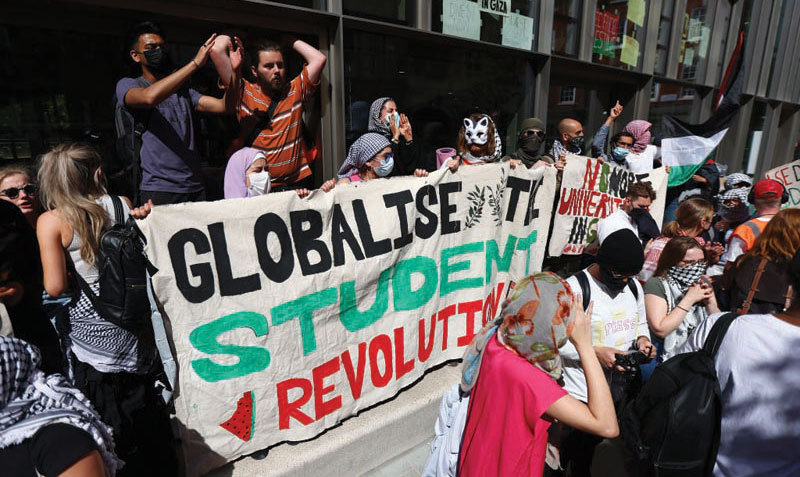
There are moments in the rhythm of Jewish life when so many things hit us all at once. This is one of those moments. Wherever we turn, something epic seems to be happening.
I usually get a sense of this confluence by the stories and commentaries we select for the paper. From the war in Lebanon to the killing of Nasrallah to the countless memorials for Oct. 7 to the continuing agony of the hostages to the reaction of the world to Israel’s military successes to the antisemitism on college campuses to an overheated presidential election, I don’t blame you if you get a little dizzy.
Oh, and did I mention that this is the Jewish New Year?
As a journalist and editor, it’s my job to keep all these balls hopping and serve them to you in a way that will help you make sense of them. This edition of the Journal, like all our others, aims to do just that.
To give you a taste of what I mean, here’s a brief recap of a Rosh Hashanah moment like no other:
First, something is clearly shifting in Israel. The word “victory” no longer feels like an empty promise. After the humiliation of Oct. 7, in the past few weeks in Lebanon the IDF has regained its mystique. The extraordinary gains made against the Hezbollah terror army — including the elimination of its leader Hassan Nasrallah — isn’t just good for Israel’s ego. It also means regaining the deterrence it lost on Oct. 7 in a region where deterrence is existential.
Of course, the reactions among many throughout the world are astonishing. It seems they can’t handle that Israel is winning. Instead of seeing pure evil being destroyed, all they see is Jews being too aggressive. “Ceasefire now!” is all the wisdom they can contribute.
But while there may have been some merit to a ceasefire deal in Gaza in return for hostages — a deal Hamas was hardly ready to sign — calling for a ceasefire now while Hezbollah terrorists are on the ropes and tens of thousands of Israelis have yet to return to their homes in the north — is, to put it politely, not in Israel’s interest.
Dear world: Hezbollah is a destructive force that Israel wants to destroy. What’s wrong with that?
Back here in the U.S., the assault on Israel on college campuses is in full swing. After last year’s anti-Israel rioting and bullying of Jewish students, and promises by college leaders to take it more seriously, we expected that the hatefests would go down a notch. They haven’t. The protests against the “oppressor” Israel are as heated as ever. And in all too many classrooms and lecture halls, indoctrination against the world’s only Jewish state continues.
So, we already have three urgent subjects that will try to hijack our holiday conversations. There are many more, not least the upcoming U.S. elections.
It’s a sign of the chaos of our times that media hog Donald Trump no longer dominates the airwaves. If anything, his running mate JD Vance has taken over the hogging. Of course, Trump did dominate the Jewish airwaves with his attacks on Jewish Democrats and blaming them should he lose.
“Who is better for the Jews?” is sure to infuse many Jewish conversations until Election Day.
Meanwhile, for those poor souls in Florida and the Southeast who have been reeling under Hurricane Helene, which has already killed more than 150 people and knocked out power to millions, conversation is a luxury. God and His acts work in mysterious ways indeed.
Speaking of God, how can we forget the unspeakable pain of the hostages in Gaza who continue to linger in starvation and misery? If Bibi and Sinwar can’t figure out a way to bring them home, can God please jump in?
And where will the Almighty be during Rosh Hashanah, that great Jewish moment of renewal that has been interrupted this year by memorials to the worst Jewish massacre in Israel’s history?
How will we deal with all those Oct. 7 events throughout our communities on the first anniversary of that darkest of days that will live forever in our hearts and memories?
But before we arrive at those events, we will learn at Rosh Hashanah that even an all-powerful God can’t forgive us for the sins we commit against others. Maybe, then, that’s our cue that our own behavior should be the current event that dominates our Holy Days.
Even an all-powerful God can’t forgive us for the sins we commit against others. Maybe, then, that’s our cue that our own behavior should be the current event that dominates our Holy Days.
Instead of being distracted by public drama, let’s take a Holy Day time-out and look at the people who mean the most to us.
Instead of looking at the enemies of the Jews who wish us harm, let’s make sure our own disagreements don’t turn us into enemies.
Instead of squandering our conversations on terrorism, let’s invest them in words that will bring healing and inspiration.
No matter how many things are hitting us at once, this is still our season of sweetness, and God knows we deserve a little sweetness.
Shana Tova.







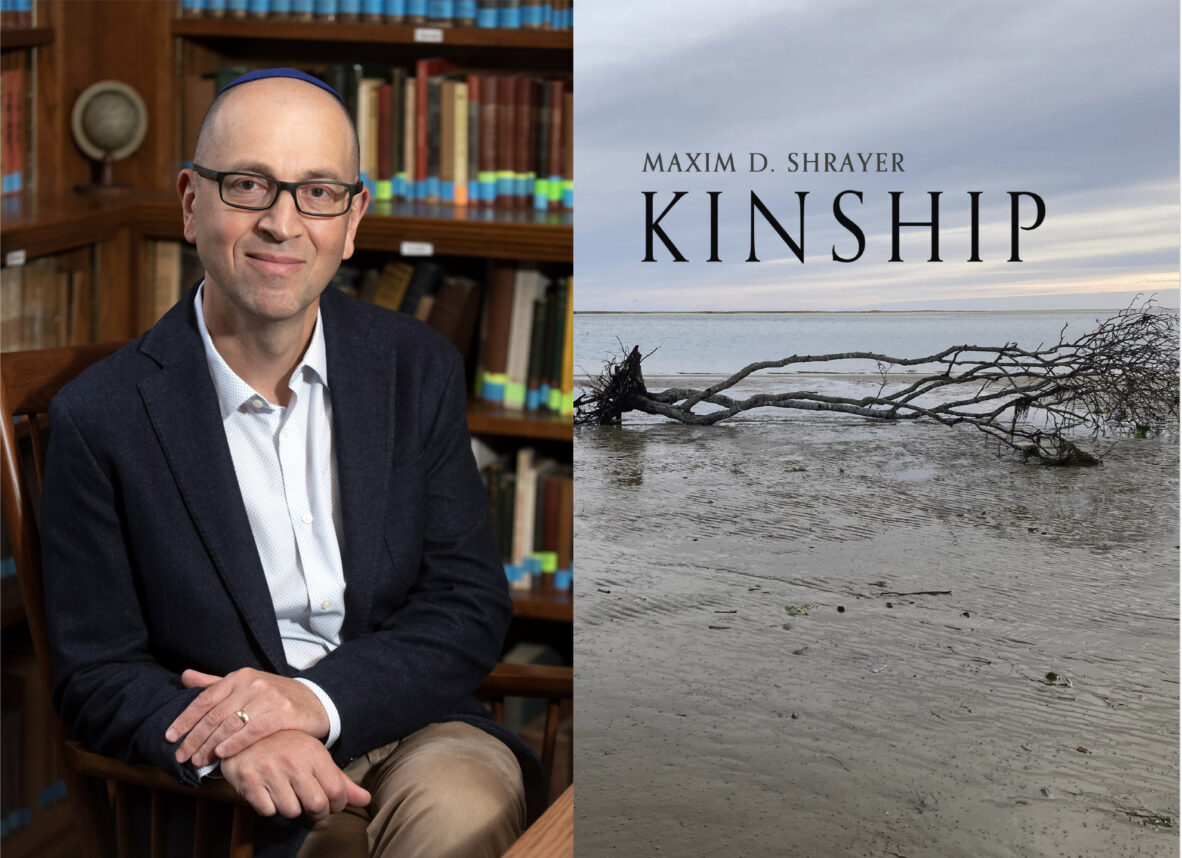
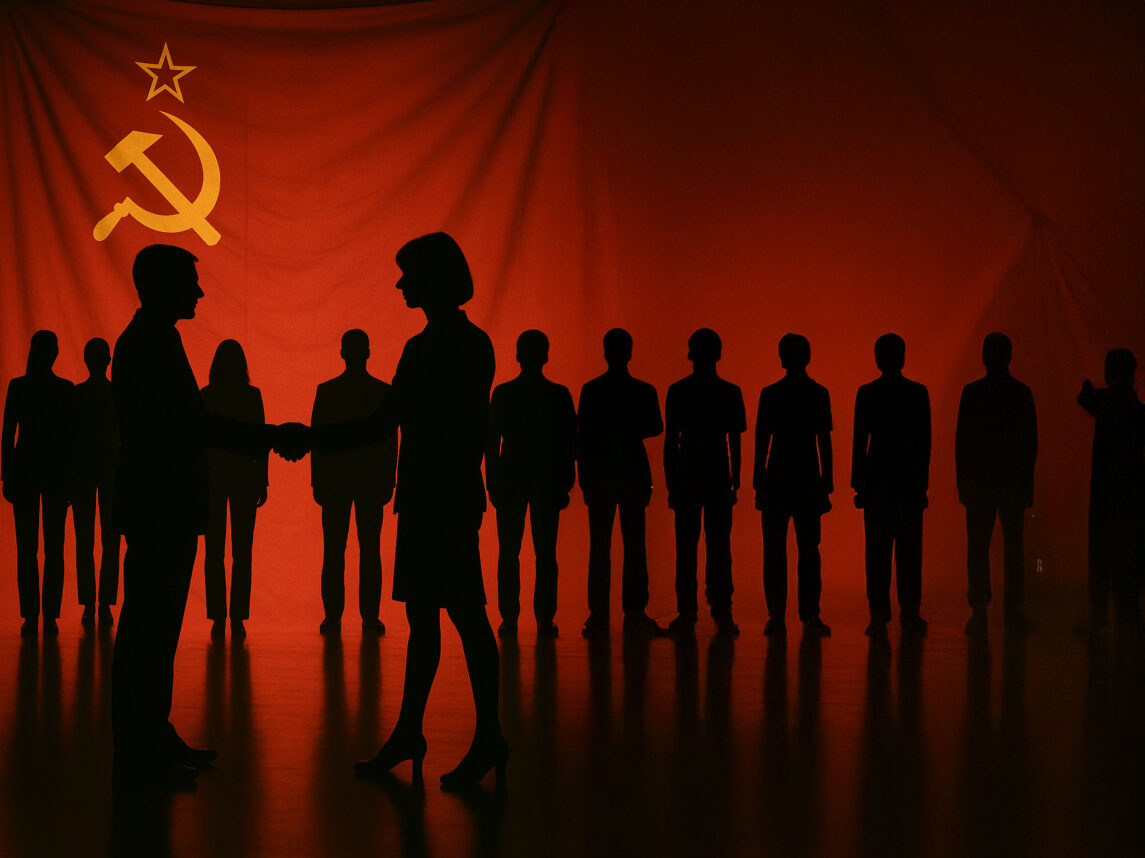

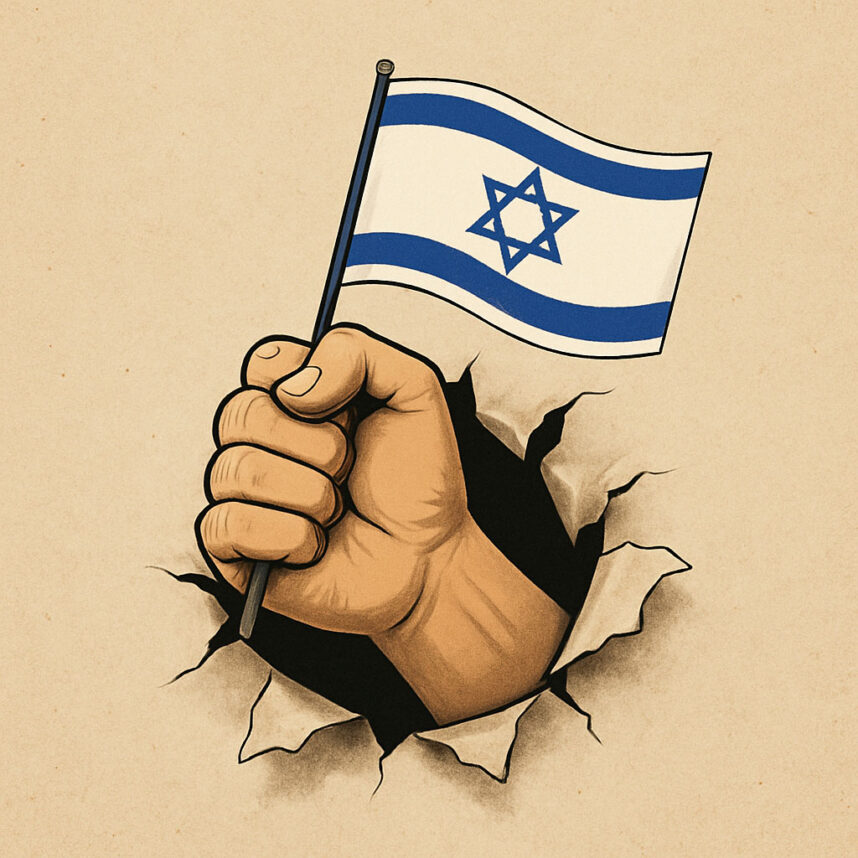




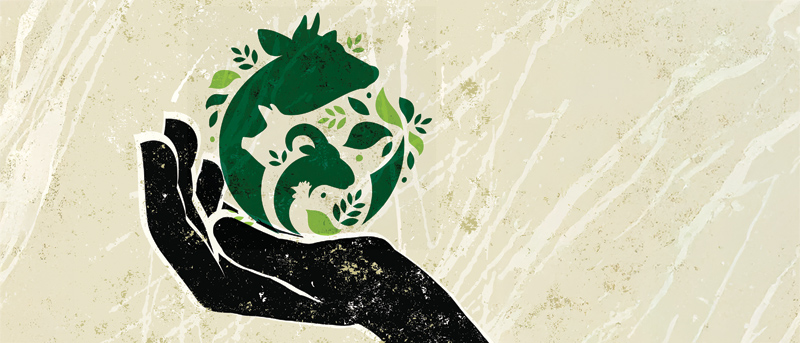
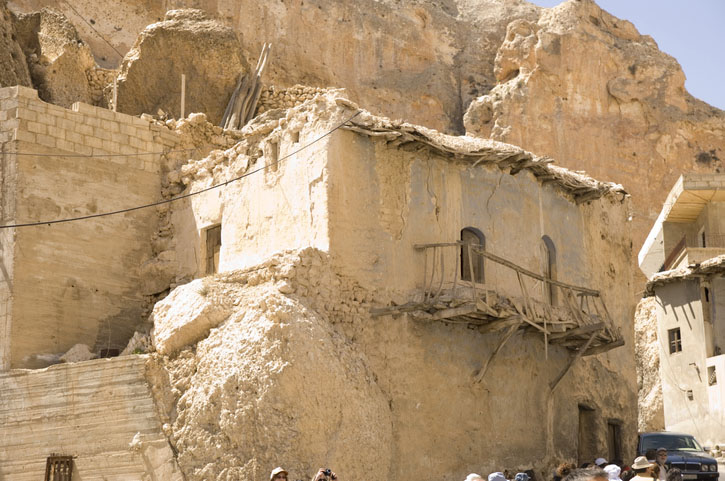




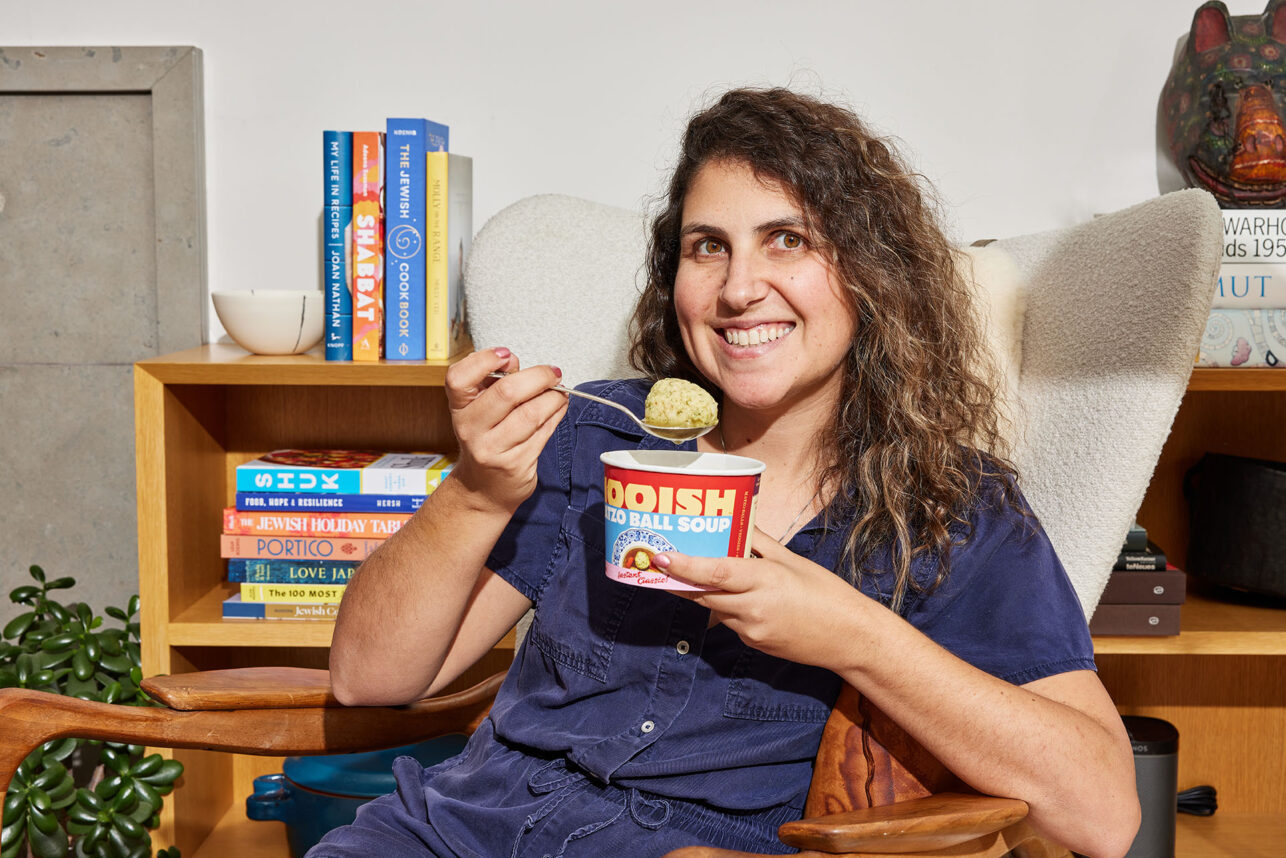


 More news and opinions than at a Shabbat dinner, right in your inbox.
More news and opinions than at a Shabbat dinner, right in your inbox.